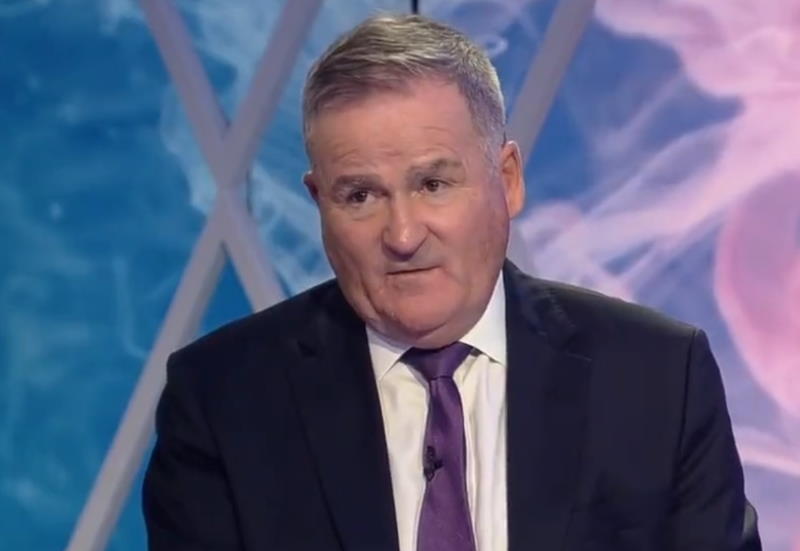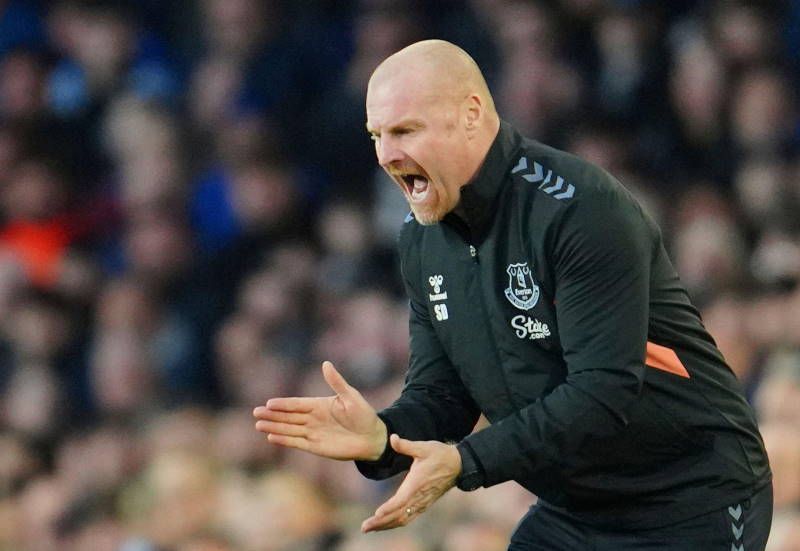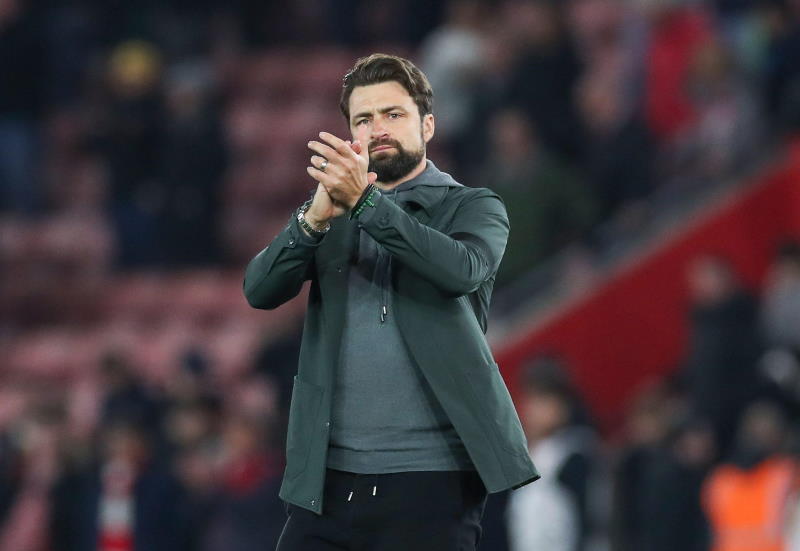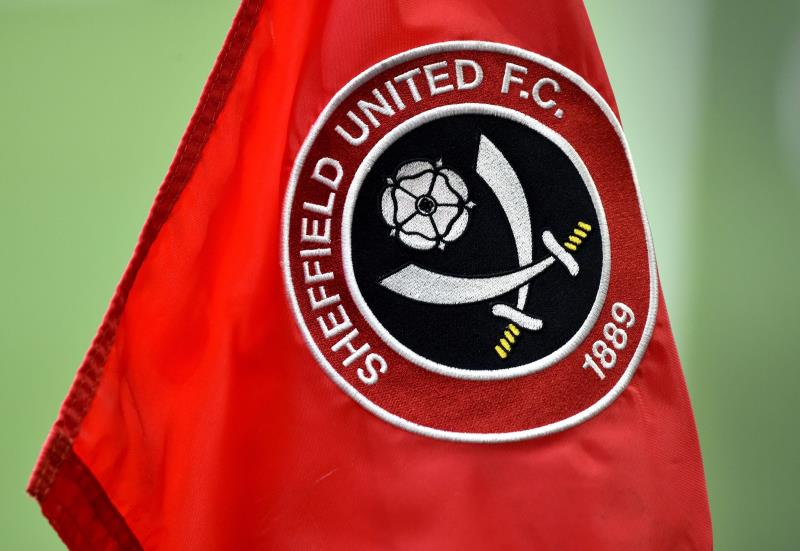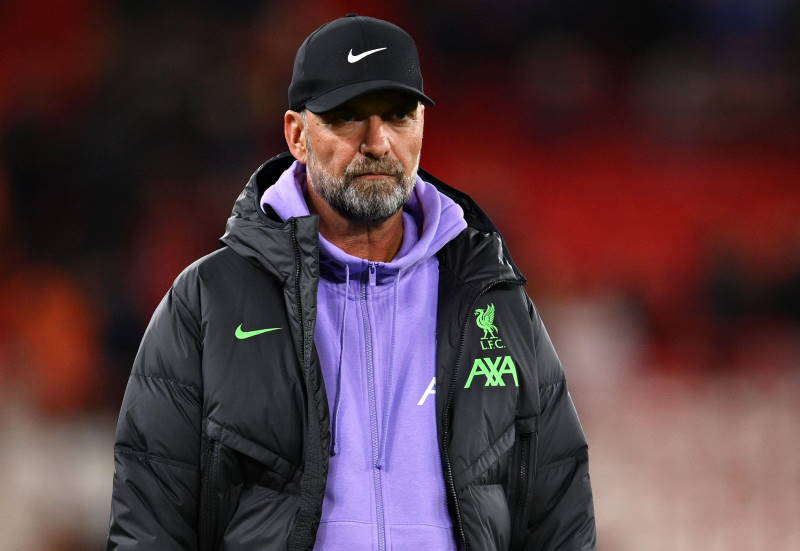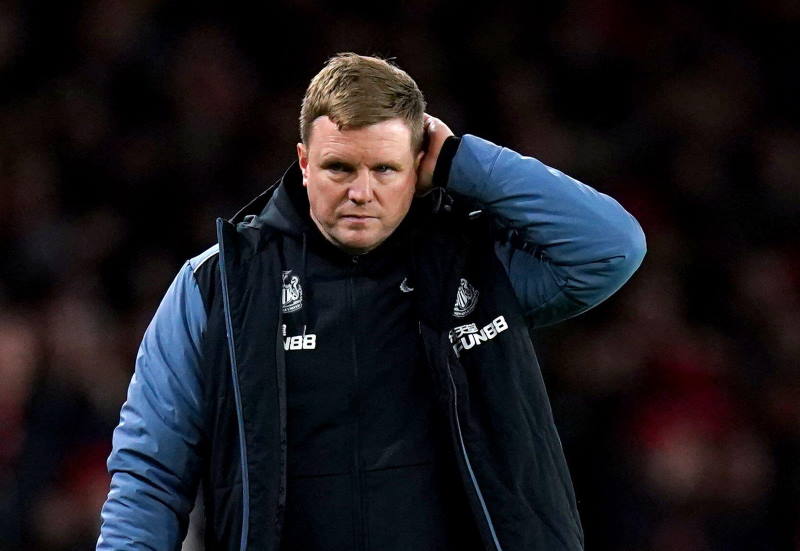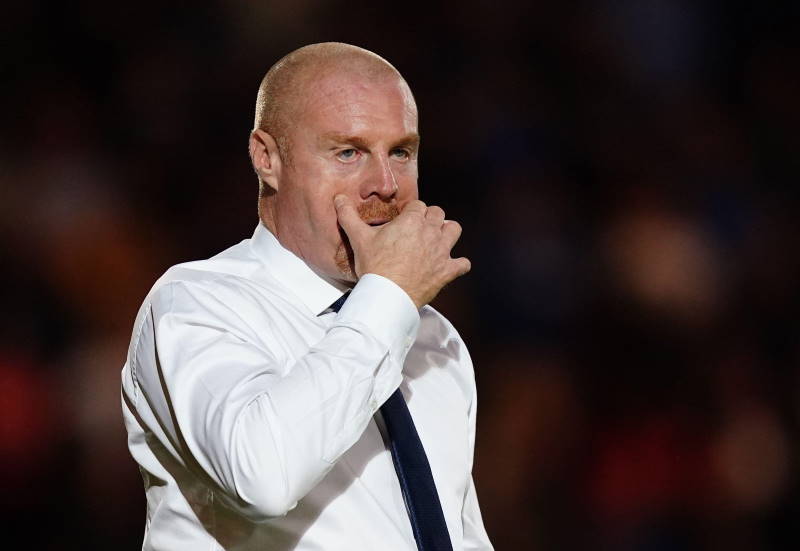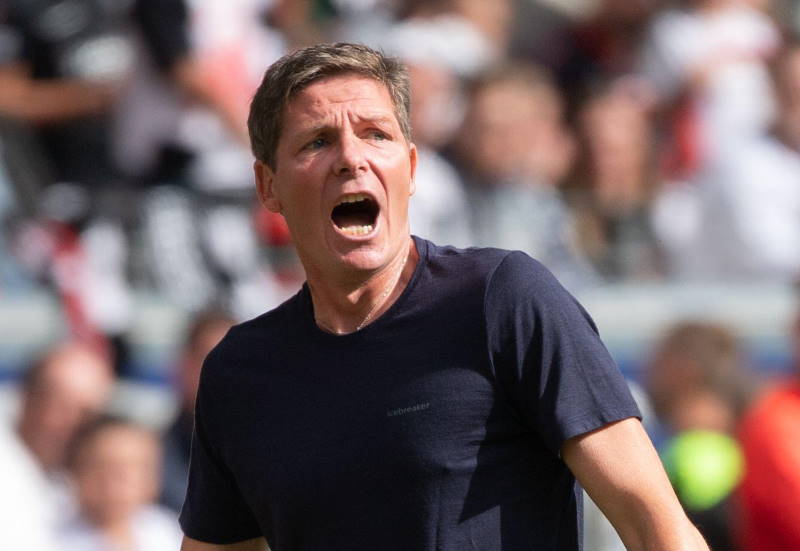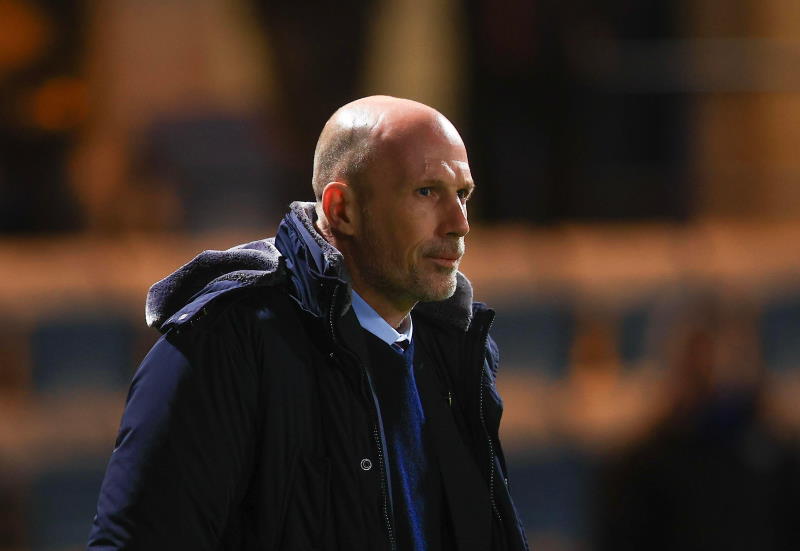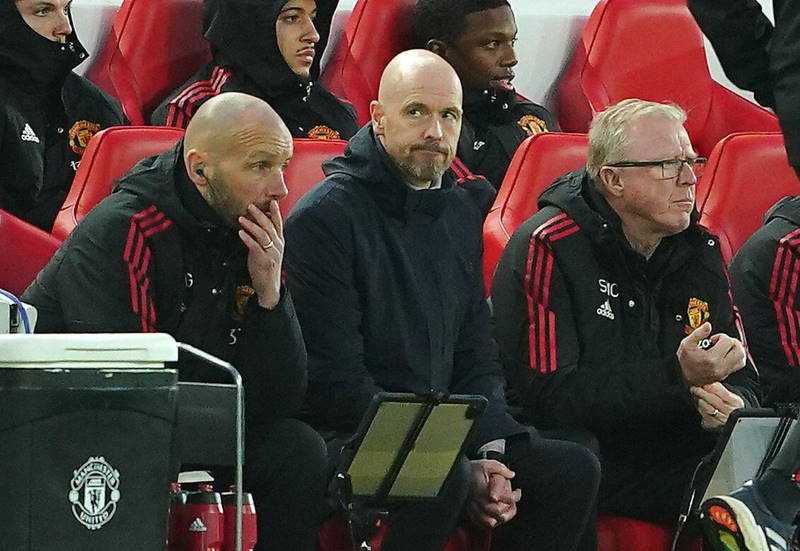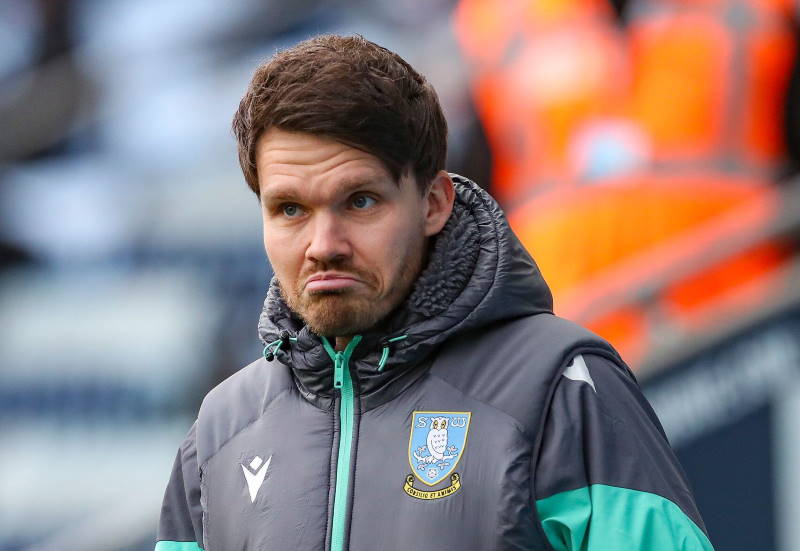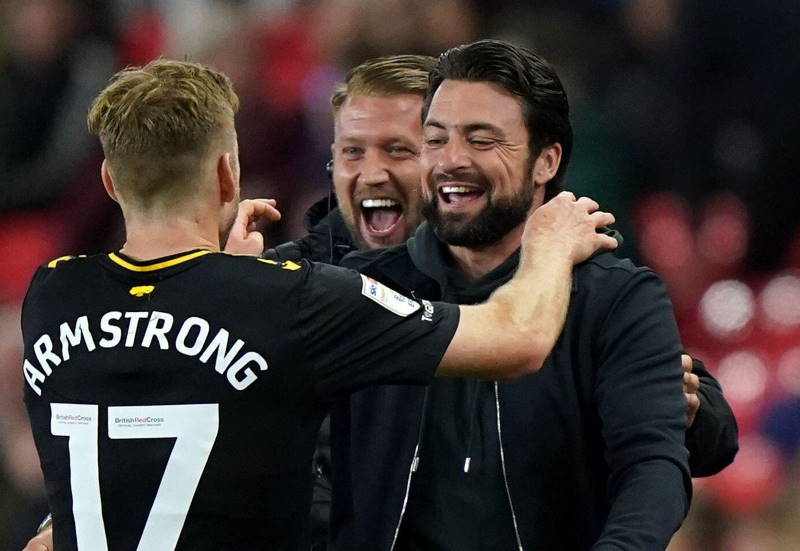
As the 2012 Copa Libertadores heads toward its conclusion the only certainty is that for the eighth year running at least one of the final’s contestants will be Brazilian, with reigning champions Santos meeting domestic title winners Corinthians in one of the semi-finals. The other pits two teams of highly contrasting styles against each other in what promises to be a fascinating encounter between Universidad de Chile and Boca Juniors.
Universidad de Chile have for the last year or so been one of the most exciting teams to watch in world football, thrilling with the relentless vigour of their attacking play and steamrolling all before them on the way to both domestic titles and the Copa Sudamericana in 2011. Despite losing a few players at the turn of the year, including the pacey and talented Eduardo Vargas, they have continued that form into 2012, scoring an average of two goals per game on route to the Copa Libertadores semi-finals.
La U are the embodiment of their Argentine coach, Jorge Sampaoli, playing with an intensity mirrored in his perpetual movement on the sidelines. The image endures of Sampaoli, suspended from touchline duty, pacing back and forth behind the plexi-glass of the Estadio Nacional’s corporate box like a caged animal on heat during the Chilean Apertura final against Cobreloa last December. A football obsessive, who considers Marcelo Bielsa his mentor and possesses a video collection to rival the Athletic Bilbao coach’s own notorious hoard, his team attack in waves of carefully synchronised movements designed to pierce even the most resolute defences.
Those penetrative abilities will certainly be tested to their limits by Boca Juniors, who also play in the image of their coach, the permanently grimaced Julio Cesar Falcioni. Their 2011 Apertura success was founded upon miserly defending that saw them concede just six goals over the 19 game campaign – an incredible 0.32 per game. The Argentine giants have defended with similar resolve in the Copa Libertadores – still conceding less than a goal a game against the best teams on the continent – whilst relying on the ageing but still sporadically unplayable Juan Román Riquelme to provide the attacking spark necessary to turn stern defensive performances into victories.
Riquelme and Falcioni have clashed at times, most notably following the 0-0 draw with Zamora with which Boca Juniors began their campaign, but now appear to have formed an uneasy alliance, Falcioni relieving Riquelme of defensive duties and reaping the rewards in the form of some inspired performances from his captain. Riquelme was instrumental in Boca’s victory over Union Espanola in the round of 16 and, after a subdued performance, sprung to life in the final ten minutes of the second leg of the quarter-final against Fluminense, providing the pass to Diego Rivero that eventually led to Santiago Silva’s late aggregate winner.
Playing the 4-3-1-2 formation that has long been a hallmark of the club, Boca Juniors defend deep, dropping the two forwards behind Riquelme out of possession to form a five-man midfield that protects a defence lacking in pace, but abundant in strength and determination. In marked contrast, Universidad de Chile are varied in their approach, Sampaoli’s protean charges able to shift between three and four at the back, two or three up front with apparent ease. They press high up the pitch and look to attack quickly and incisively, creating overloads in wide areas.
This disparity in approach is likely to produce a captivating tie, with the battle between Riquelme and La U’s defensive midfielder Marcelo Diaz potentially crucial to the outcome. Diaz has been one of the revelations of this year’s Copa Libertadores, impressing with his sound positioning, acute reading of the game and metronomic passing. He will have his hands full with Riquelme – a player who Sampaoli noted in a recent press conference can “win games by himself when on form” – which could distract from his offensive duties, possibly disrupting the rhythm that he usually plays such an important role in setting.
Boca Juniors will take encouragement from the manner in which Libertad were able to cause problems for La U’s defence with quick counter-attacks to the flanks during their quarter-final clash and may look to leave Pablo Mouche or Dario Cvitanich high on one side to facilitate such moves. Universidad de Chile’s primary tactic will be to pull the Boca defence out of position with clever movement, exposing the leaden footed Rolando Schiavi and Juan Insaurralde to their youthful, pacey attackers.
History will be on Boca’s side, with Universidad de Chile having reached the semi-final on three previous occasions without once progressing to the final, while the Argentine giants are six time winners and carry an aura of invincibility about them once the tournament reaches its final stages. Their mythical status as slayers of Brazilian clubs was heightened by the last-ditch manner of their victory against Fluminense in the quarter-final and Sampaoli has noted that Falcioni’s men play with “a lot of conviction,” which surely arises from their previous experience at the sharp end of this competition.
That said, La U’s current squad can hardly be accused of playing without conviction themselves and their victory in the 2011 Copa Sudamericana – a first at continental level – has surely quashed much of the inferiority complex that may have previously hindered their Copa Libertadores campaigns.
With that in mind, the stage is set for a classic battle of contrasting styles between two teams who represent two extremes of football tactics. Whatever the end result, it is sure to be absorbing.

